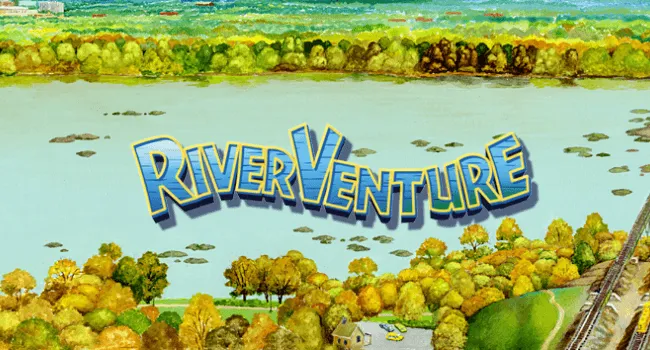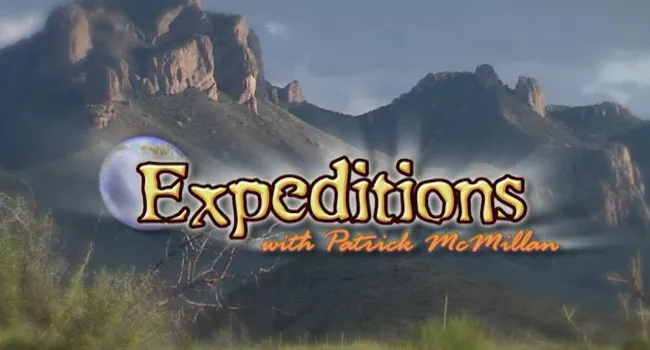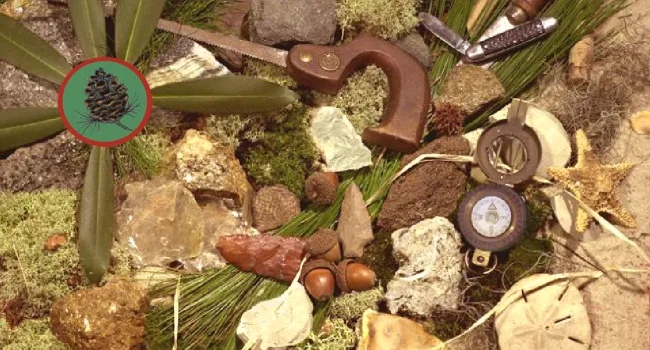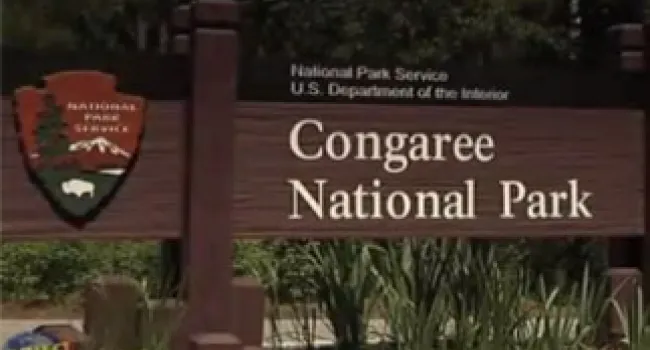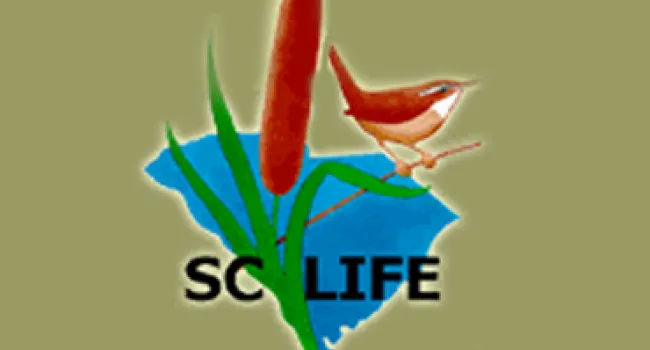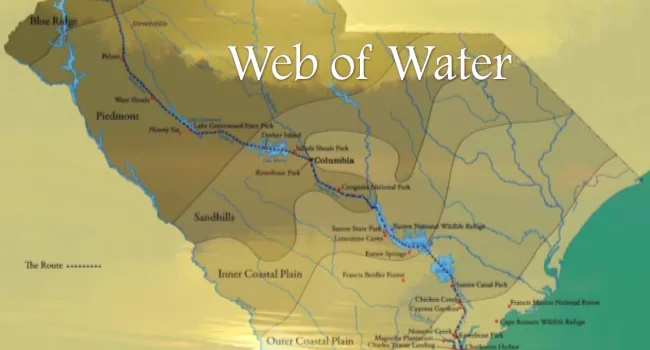National Great Outdoors Month
National Great Outdoors Month is celebrated in June and serves as a reminder to enjoy and appreciate our state parks and wildlife refuges. This observation, begun in 1998, encourages us to explore our parks and enjoy the beauty that awaits us in our natural world.

National Great Outdoors Month is celebrated in June and serves as a reminder to enjoy and appreciate our state parks and wildlife refuges. This observation, begun in 1998, encourages us to explore our parks and enjoy the beauty that awaits us in our natural world.

